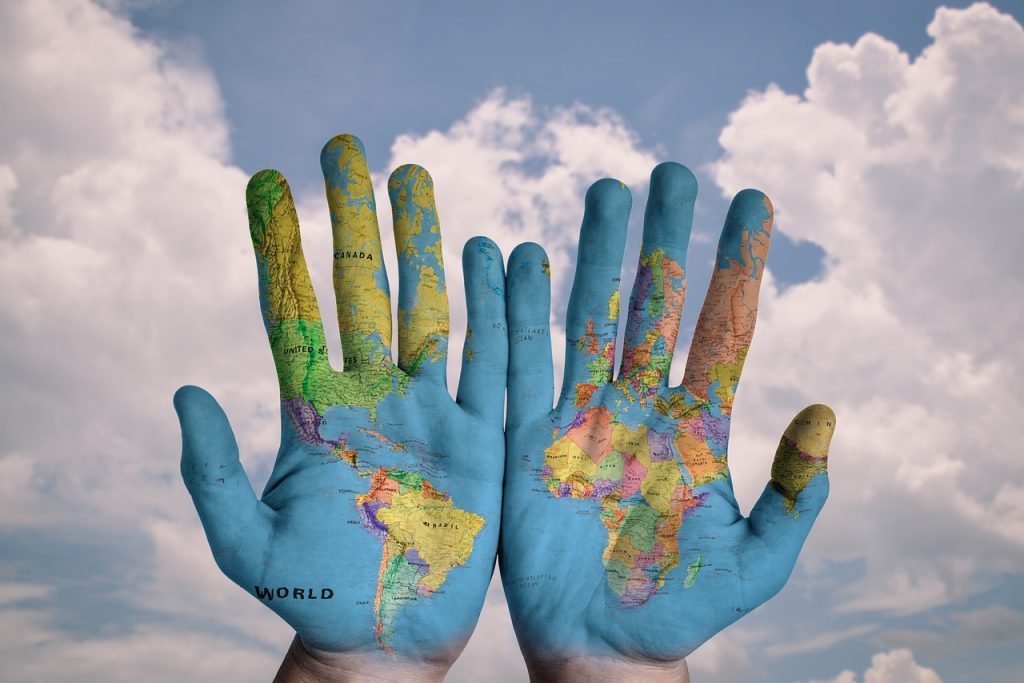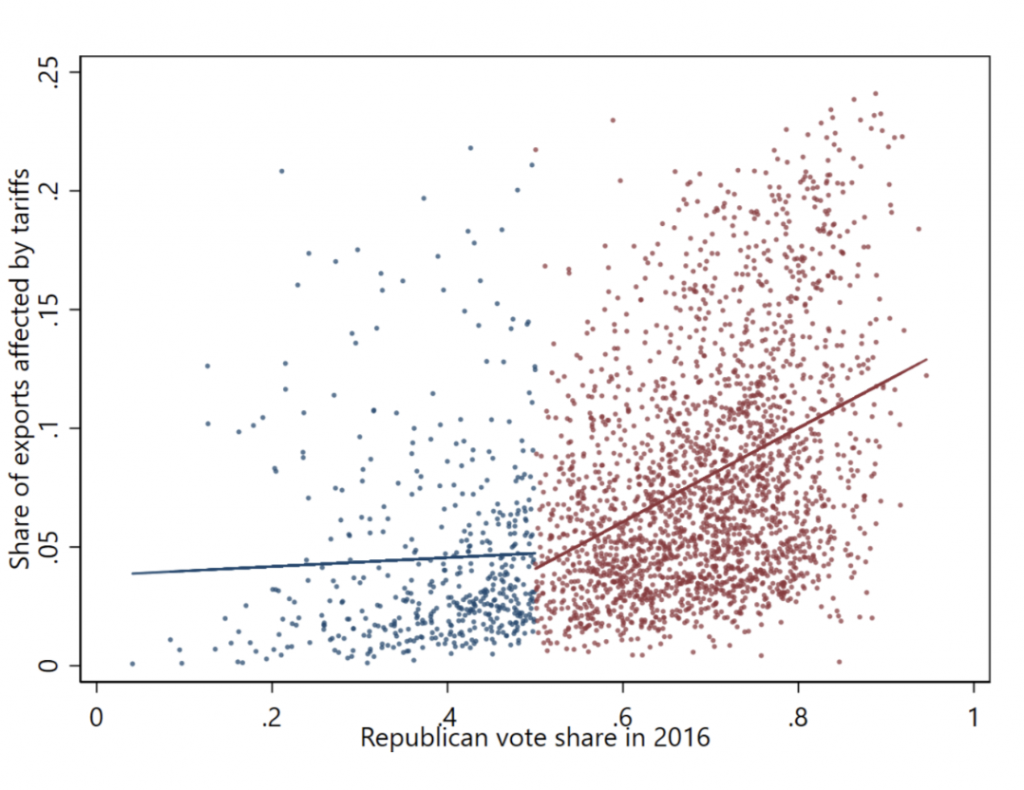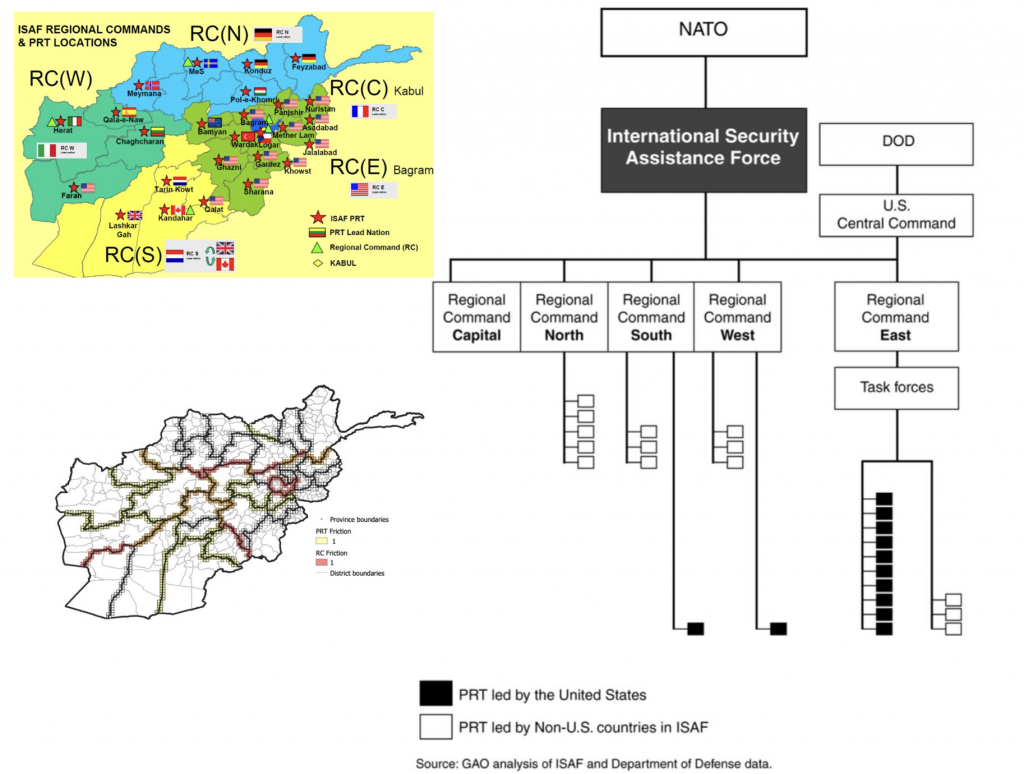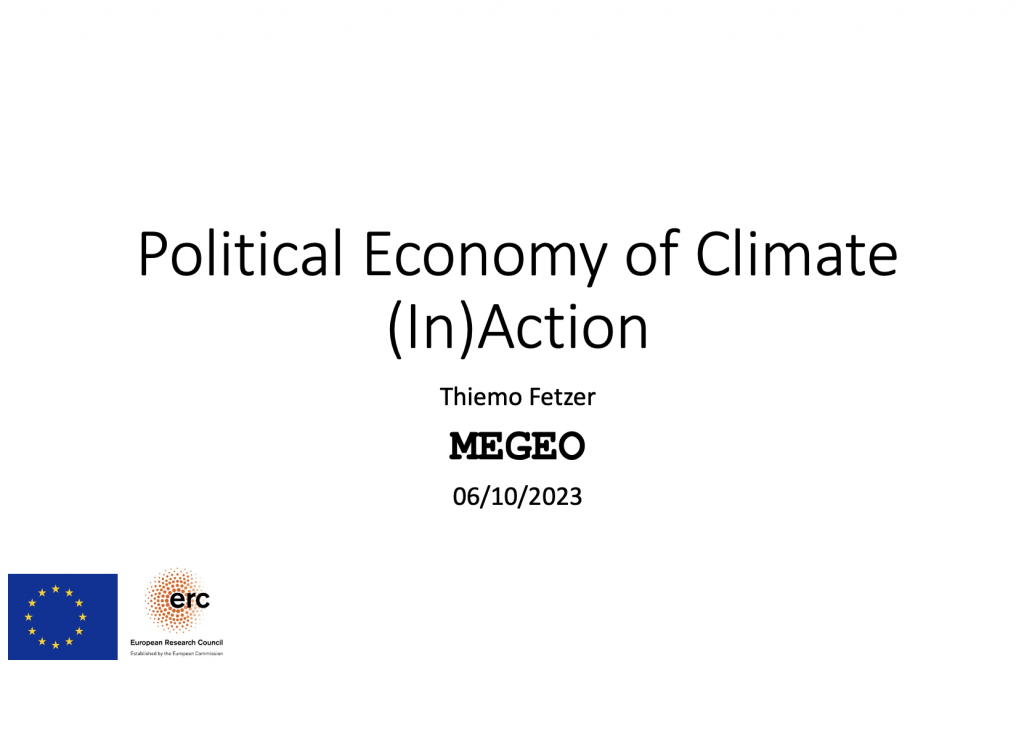
Most of the challenges facing mankind in the 21st century transcend national borders and require effective and extensive international collaboration. The myriad of challenges ranges from climate change, emerging infectious diseases, international terrorism and transnational organized crime, to uncontrolled population movements, political instability, conflict and chronic underdevelopment, among many others. The media can play an important role in shaping peoples’ perceptions of these issues and thereby, indirectly induce economic or political agents to act (or not to act). What (and what not) news media choses to report on may have substantial economic and social consequences, for example, through their impact on peoples’ perceptions, their behaviors and through politics.
Much of my thinking I tried to summarize in this keynote at the 2023 SHAPER Shared Perspectives workshop in a monastery near Bologna. I was asked, at short notice, to produce two keynote addresses on the political economy of climate (in) action, or, on “how to make it happen”. I was overcome by emotion after about 30 minutes into the talk. I would like to think that I dedicated much of my late 20s and 30s to this cause making a humble contribution alongside many others.
Related Research

Security Transitions, joint with Oliver Vanden Eynde, Pedro CL Souza and Austin L Wright, American Economic Review, 111 (7): 2275-2308, 🔓 Open access.
⌨️ Blog Post
Broader coverage: The Guardian, American Economic Association, Washington Post Monkey Cage, Les Echos (French).
Context: This paper presents evidence that suggests that the withdrawal of NATO from Afghanistan was strategically gamed by the insurgent forces and highlights the potential for frictions of NATO fighting as a coalition in Afghanistan.

Tariffs and Politics: Evidence from Trump’s Trade Wars, joint with Carlo Schwarz, Economic Journal, Volume 131, Issue 636, May 2021, Pages 1717-1741, 🔓 Open access.
Broader Coverage: Alternatives Economiques, Alternatives Economiques (2), AmericaEconomia, El Comercio, El Mundo, Financial Post, Financial Times (Chinese), Frankfurter Allgemeine, Handelsblatt, iconomix, La Repubblica, The Economist, The Economist Films, World Economic Forum, Forbes, Seeking Alpha.
Non-technical summary: USAPP, VoxEU, CESifo

How Big is the Media Multiplier? Evidence from Dyadic News Data, joint with Tim Besley and Hannes-Felix Mueller. CEPR Working Paper, January 2024, Review of Economics & Statistics, 🔓 Open access.
Broader coverage: VoxEU.
Context: This paper is the first in economics to build a relatively large dyadic news media coverage database capturing how other countries are represented in each others news. This is of natural relevance to many fields in economics. The paper documents that economic reactions to violent terrorist events

Losing on the Home Front: Evidence from Afghanistan, joint with Pedro CLSouza, Austin L Wright and Oliver Vanden Eynde, American Journal of Political Science, 2024. 🔓 Open access.
Context: This paper points to the difficulty of a heterogenous group to produce and provide effective security in Afghanistan. It shows how own country casualties are associated with significant worsening of public support for continued military intervention through a media- and news reporting channel. This highlights that information spillovers are important in shaping political preferences for transnational engagement and further points to the difficulties of team production in a foreign policy landscape with heterogenous constraints.
Team production on the battlefield: Evidence from NATO in Afghanistan, joint with Austin L Wright and Oliver Vanden Eynde, Journal of Economic Behavior & Organization, Volume 241, January 2026. 🔓 Open access.
Context This paper provides suggestive empirical evidence on the material importance of coordination frictions in multilateral military operations. Exploiting the assignment of NATO International Security Assistance Force (ISAF) responsibilities in Afghanistan as a natural experiment, we study how dividing operational control affects security provision. We distinguish between horizontal frictions, arising when different countries control adjacent territories, and vertical frictions, when control is split across hierarchical levels. Our findings suggest that both forms of misalignment reduce military support activities and are associated with higher insurgent violence.


Political Expression of Academics on Social Media, joint with Prashant Garg. 🔓 Open access, revised and resubmitted, Nature Human Behavior.
Interactive website: academicexpression.online
Broader coverage: Marginal Revolution, Matthew Yglesias, Noahpinion.blog, VoxEU
Context: Academics have traditionally played a vital role in both the generation and dissemination of knowledge, ideas and narratives. Social media, relative to traditional media, provides for new and more direct ways of science communication. Yet, since not all academics may engage with social media, the sample that does so may have an outsize influence on shaping public perceptions of academia more broadly through at least two channels: the set topics they engage with and through the particular style and tone of communication. This paper describes patterns in academics’ expression online found in a newly constructed global dataset covering over 100,000 scholars linking their social media content to academic record. We document large and systematic variation in politically salient academic expression concerning climate action, cultural, and economic concepts. We show that these appear to often diverge from general public opinion in both topic focus and style.
AI-Generated Production Networks: Measurement and Applications to Global Trade, joint with Peter Lambert, Prashant Garg and Bennet Feld. 🔓 Open access. Interactive website: aipnet.io
Context: This paper leverages generative AI to build a network structure over 5,000 product nodes, where directed edges represent input-output relationships in production. We document a host of shifts in the network position of products and countries during the 21st century. Finally, we study production network spillovers using the natural experiment presented by the 2017 blockade of Qatar. We find strong evidence of such spill-overs, suggestive of on-shoring of critical production. This descriptive and causal evidence demonstrates some of the many research possibilities opened up by our granular measurement of product linkages, including studies of on-shoring, industrial policy, and other recent shifts in global trade.

Broader context: Climate action will require a reconfiguration of the global trading system, value chains and necessitate changes in how we live and work. Technology may be a big part of that transition

Network Determinants of Cross-Border Media Coverage of Natural Disasters, joint with Prashant Garg. 🔓 Open access.
Interactive website: Transnational Natural Disaster Reporting
Context: Climate change is increasing the frequency and severity of natural disasters worldwide. Media coverage of these events may be vital to generate empathy and mobilize global populations to address the common threat posed by climate change. Using a dataset of 466 news sources from 123 countries, covering 135 million news articles since 2016, we apply an event study framework to measure cross-border media activity following natural disasters. Our results shows that while media attention rises after disasters, it is heavily skewed towards certain events, notably earthquakes, accidents, and wildfires. In contrast, climatologically salient events such as floods, droughts, or extreme temperatures receive less coverage. This cross-border disaster reporting is strongly related to the number of deaths associated with the event, especially when the affected populations share strong social ties or genetic similarities with those in the reporting country. Achieving more balanced media coverage across different types of natural disasters may be essential to counteract skewed perceptions. Further, fostering closer social connections between countries may enhance empathy and mobilize the resources necessary to confront the global threat of climate change.
